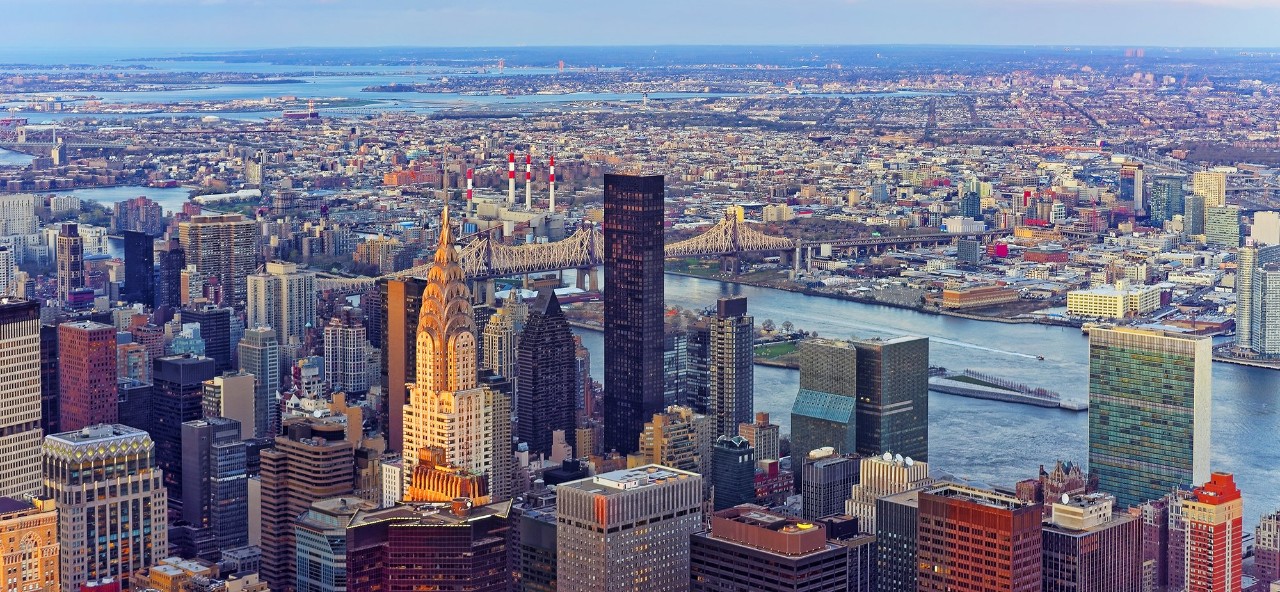Just days after New York City was declared by one study to be the world’s best home for tech companies (above San Francisco), Amazon canceled its plans to invest in a new tech hub in the Big Apple on February 14. The decision was made in reaction to months of controversy that surrounded the $3 billion in incentives Amazon would receive from the city and state in exchange for creating 25,000 new jobs.
Amazon’s surprise reversal points to a lesson for all cities that seek to thrive in an era of unprecedented urbanization and technological innovation. To get ahead of digital disruption and bolster their competitive position, many cities and states are luring tech giants to help them become “the next Silicon Valley.” But this action shows that state and city governments may need to consider more inclusive visions that take into account the risks that such investments can create.
Significant investments (like a new headquarters) by a major employer can overburden any city’s potentially strained transportation system, increase traffic congestion, overcrowd sidewalks, displace residents, and be one more step to skyrocketing rents and income inequality. But as this case illustrates, these investments can also trigger deeper concerns about displacement – both physically and professionally -- as cities look for ways to advance themselves and meet the challenges posed by the fourth industrial revolution.
These concerns extend to other steps cities may take to increase their competitiveness. Take increased investment in potentially disruptive new technologies like artificial intelligence (AI). When we recently asked people if they thought AI would make their cities better or worse in a survey, half of our respondents expected improvements. But 40 percent said they felt their cities would be worse. In addition, a significant 36 percent of respondents were “not at all confident” that their cities were prepared for the coming age of digital disruption. (Only 20 percent were “highly confident” that cities are prepared.) Our ongoing research indicates those concerns include those about privacy, an increased digital divide, and vulnerability to disruption.
Such inhibitions could intensify. The leading cities of today won’t necessarily prevail tomorrow, as technological advances disrupt the way we live and work. So it is imperative that cities embrace the new era, marshaling and mobilizing their resources to attract companies, workers, and entrepreneurs.
To ensure all residents will prosper in an age of AI and automation, cities and states will have to work with technology companies to build broader coalitions among stakeholders and make the benefits of their plans even more explicit than they have in the past. This may mean restructuring deals to include incentives for existing city residents beyond the prospect of new jobs. For example, cities and states might require technology companies to earmark a portion of their investments for initiatives that will assist existing city residents to prepare for AI. These funds could be used for upgrading transportation systems or educational packages, such as retraining programs or school curricula.
For one thing is for sure: Amazon’s decision makes clear that cities cannot discount the downside potential of any of these big moves. The sooner such anxieties are surfaced and addressed, the easier it will be to prevent potentially explosive repercussions.

